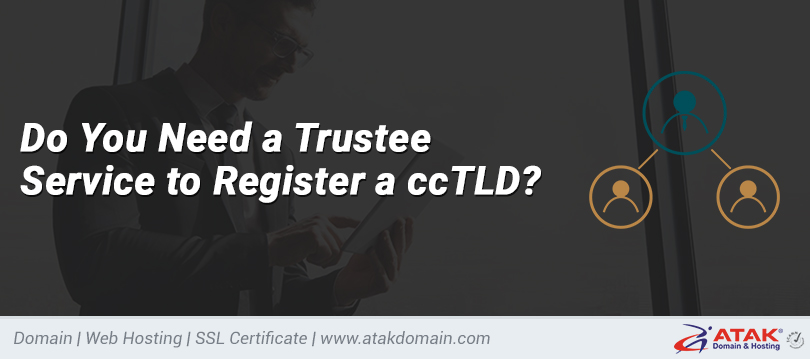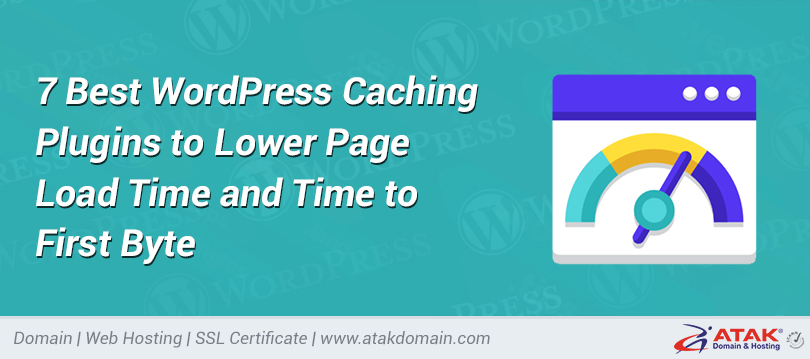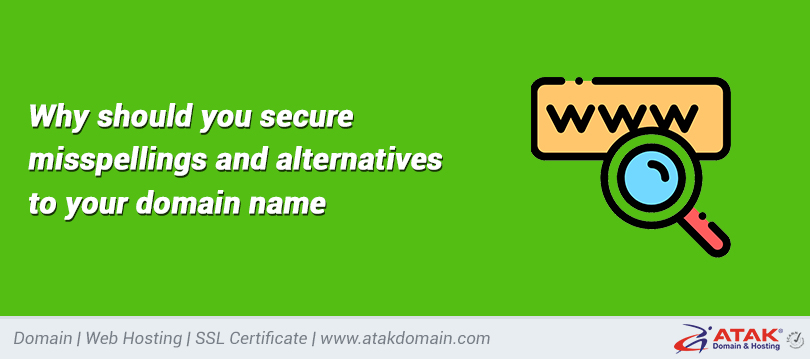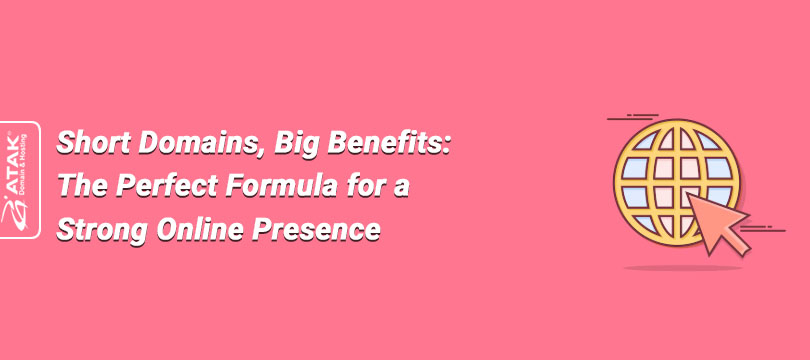
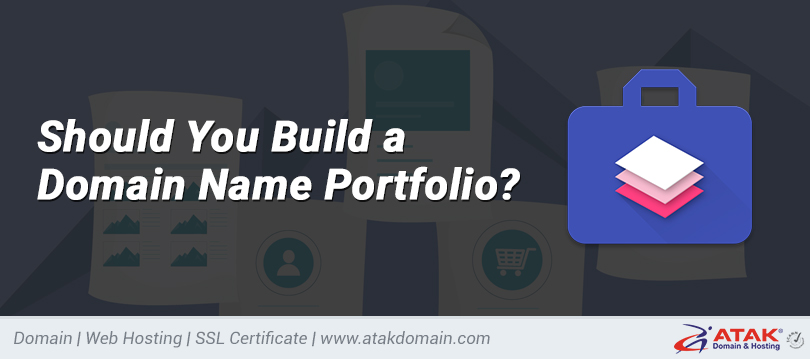
Should You Build a Domain Name Portfolio?
Domain names are a hot commodity in today's tech-centric world, and for good reason. The industry is large and offers investors an excellent opportunity to make money by staking claim to a domain and then selling it for profit. Typically, it requires some foresight to acquire domain names that may become popular. Obtaining and maintaining these domains over time is the process of building your very own domain portfolio.
Take this piece of advice to heart - if you are serious about buying and selling domains, you have to own a portfolio to show it off to your potential buyers. It can be a valuable asset if it fits your business model.
But What Is a Domain Portfolio?
If you want to give your potential customers a glance at all the domain names you own, having a domain portfolio is the way to go. It is an excellent one-stop coverage for all your domains. Once you build the portfolio, you can share the link to it with all your prospective buyers.
In simple terms, a domain portfolio is a place where all your domains are listed and well as organized. A domain portfolio is a combination of different domain names that are either individually owned by you or at a more significant level by your corporation. It is an investment that you make in different domain names to monetize them at a later stage.
About Domaining
Domain name investors, or domainers, are always looking for functional and high quality domains that may have a high resale value. When you start in this business, you may only be earning gas money; but, some rare domains can sell for six or even seven-figure amounts. The most expensive domains ever have gone for insanely large amounts of money:
CarInsurance.com — $49.7 million
Insurance.com — $35.6 million
VacationRentals.com — $35 million
The barrier to entering this business is pretty low. Change from between your couch cushions is quite sufficient to buy a domain. The advertising turnover is another 10-20 bucks a month, but domainers build a comprehensive portfolio that can bring in hundreds or thousands of dollars over time.
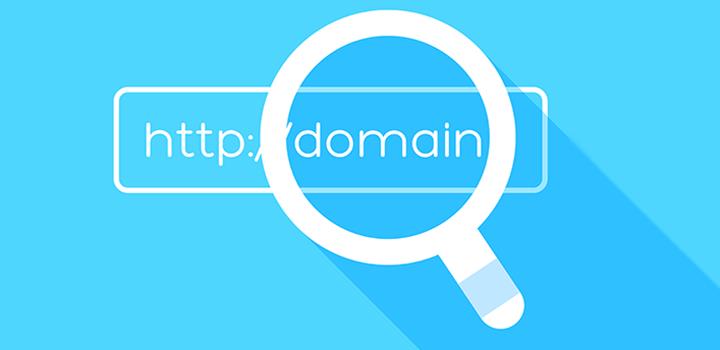
Domaining is an actual business; in fact, it is a massive industry. It is a kind of virtual real estate development where you have to be foresighted to know if the domain is going to provide value in the future or not.
The domaining industry was quite big several years ago, when some domains were being sold for as much as $10 million. Domaining as a business still exists and is very much accessible to everyone, but you have to be realistic in your approach. The associated practices, when carried out the right way, also increase the value of your domain portfolio.
Cybersquatting vs. Domaining
Cybersquatting is an illegal practice where people hunt for domains that they think people will need, such as domains with similar names as a new business, and then register them en masse to pressure the company to buy from them at an unreasonably high price. This is not a legitimate practice and in no way reflects what domaining is all about.
Domaining, on the other hand, is more genuine. It is about buying generic domain names that are meaningful, unique, and could also be SEO-friendly. Domainers focus on buying words or phrases which can be trademarked when another company buys them.
Why Do People Invest in Domain Names?

Not every purchase will be a million-dollar deal. But, with patience and the right approach, you can make a great deal on a fruitful domain investment. So, here are a few reasons why you may consider investing in them:
- Investing in domain names is a trend that we cannot ignore. It is where all the e-Commerce is happening. So, why not make the most of it?
- Premium domain names have a limited supply, but everyone wants to buy them to maintain their value over time. So, you can be the one providing these names at a great price.
- Domains are an asset that easily maintains its value.
- Like land, great domain names also appreciate over
- You can potentially sell a great domain name for cash or stock.
- Unlike physical assets, with domains, you just have to pay your renewal fees, and no one can use your asset.
- Moreover, you can sell, rent, or tap domains that were not available before, and sell those on your terms as well as price.
Also, here are some questions you should ask yourself when purchasing a domain:
- Is the domain available or already taken?
- If taken, how much can you pay for it?
- What is its worth?
- Can you easily resell the domain?
- In what ways can you profit from it?
- How much profit are you likely to earn?
- Does the domain receive any traffic because of type-ins, and what kind of traffic is it?
With all these questions in mind, you can decide whether it is a speculative investment or a safe buy.
Now Let's Understand What It Takes to Have a Domain Portfolio
A domain portfolio is simply a collection of domain names that you own for a definite purpose. In most cases, it includes several master domains along with multiple extensions such as .COM, .NET, .US, and more. At times, it contains domains with different names that link to a common database or an e-Commerce platform.
For instance, xyz.com, topxyz.com, and bestxyz.org might all belong to the same business but would focus on different audiences or even seem to compete with each other. There is no specific requirement for you to register your domain name with multiple extensions. The only reason people register various extensions is to keep competitors at bay and benefit as much as they can.
Your goal as a domainer trying to build up an authentic domain portfolio must be to:
- Buy names that can be used as actual site names
- Invest in niches and not chase trends or fads
- Always look for quality
- Try to think from the end-users perspective
- Not buy into hype
- Do not invest the money you have to pay bills with
- And, stick mostly to .COM extensions
In The End
There are so many great deals out there - you simply have to find them! Buy a few valuable names and carry out the next steps. But, do not sit for days or years to make your first sale or purchase. Read a few blogs, watch a few videos, and get your feet wet. Use your common sense and build a portfolio, learning from some of the big names in the industry. If you are wanting to make a domain portfolio just for the sake of showing it off to your friends - do not spend much time here. It is a BIG business, and only serious enthusiasts can hone their skills as proficient domainers.
Author: True Tamplin
Categories
- Domain Guide & Registration Process
- Email Services & Setup Instructions
- Step-by-Step How-To Guides
- Insights & Articles from the Tech World
- Server Management & Performance Tips
- Software Development & Coding Resources
- SSL Certificate Guide for Secure Websites
- Choosing the Best Hosting & Optimization Tips
- Key IT Terms & Their Definitions
- SQL Database Management & Queries
- WordPress Setup & Optimization Strategies
